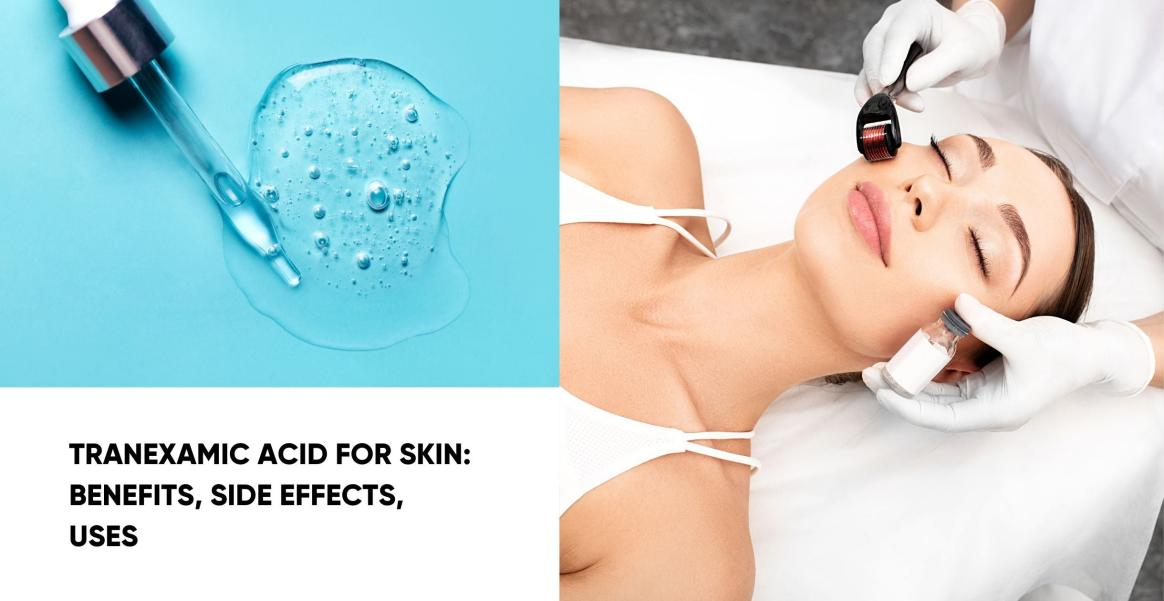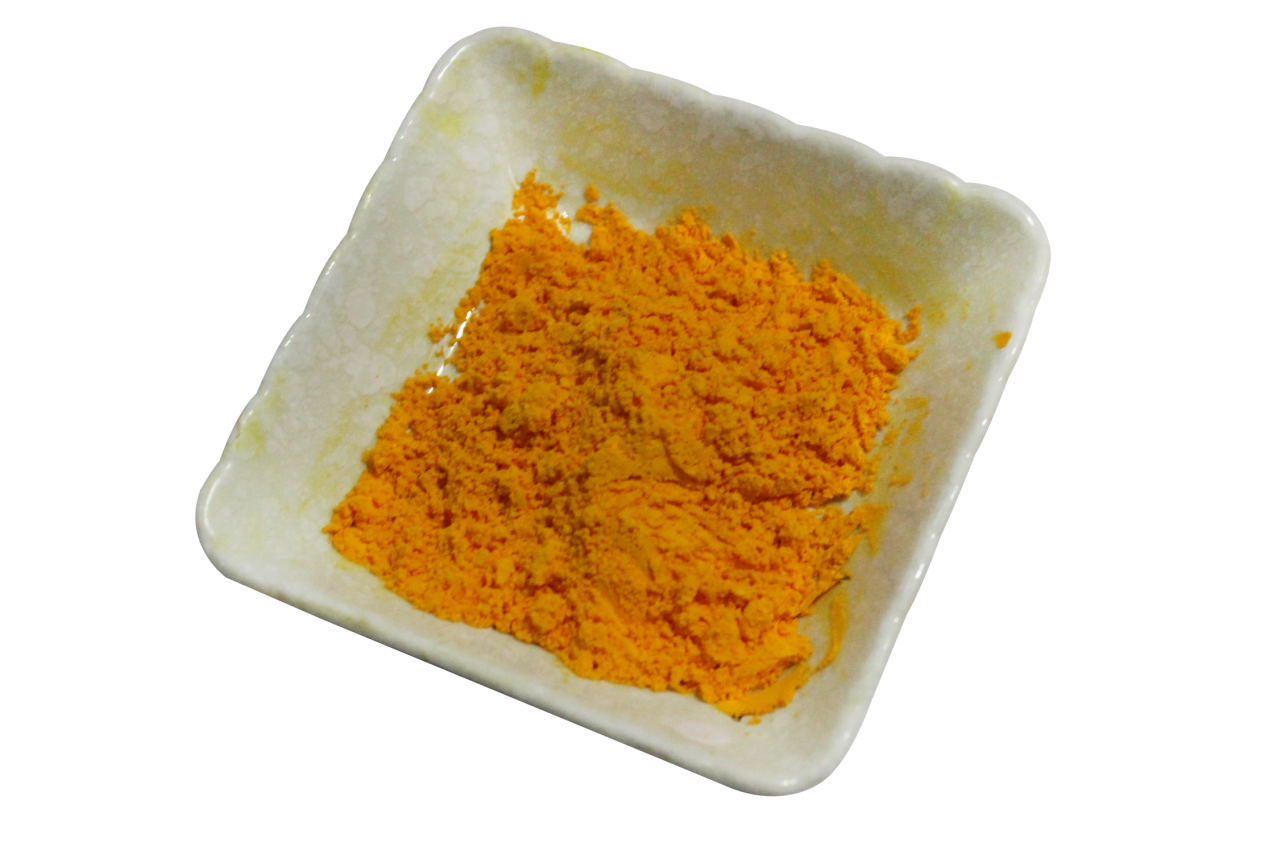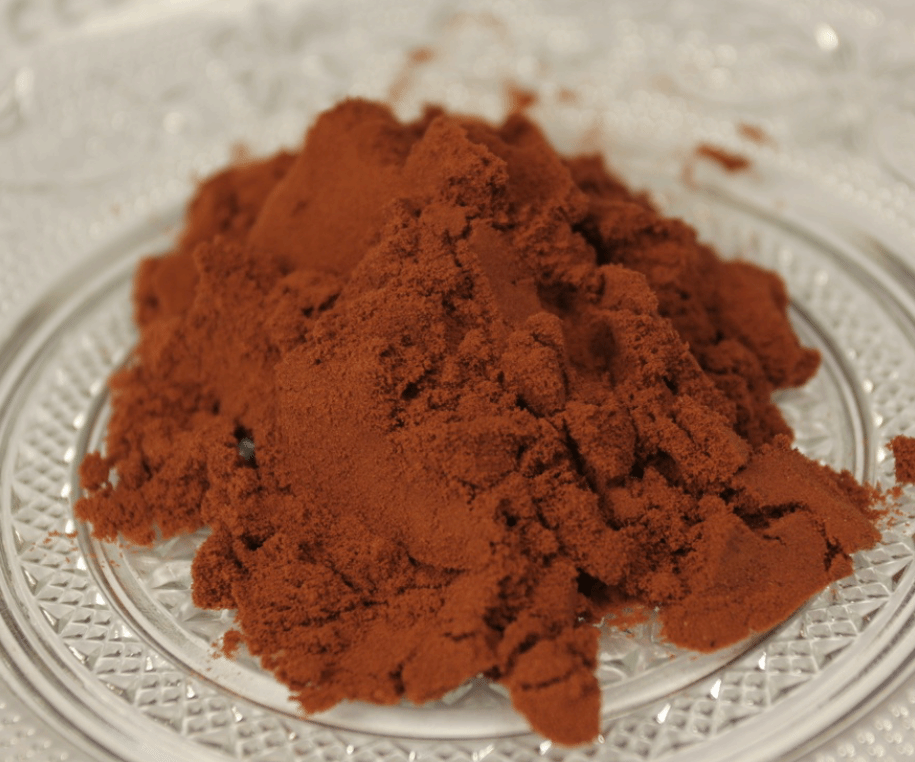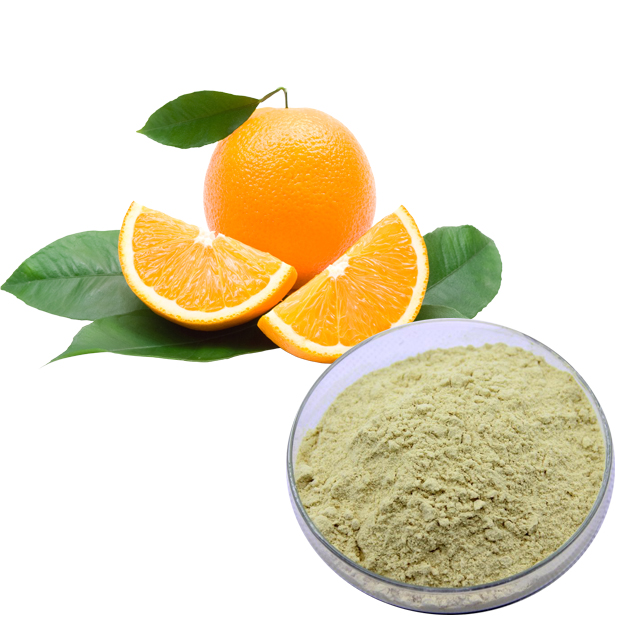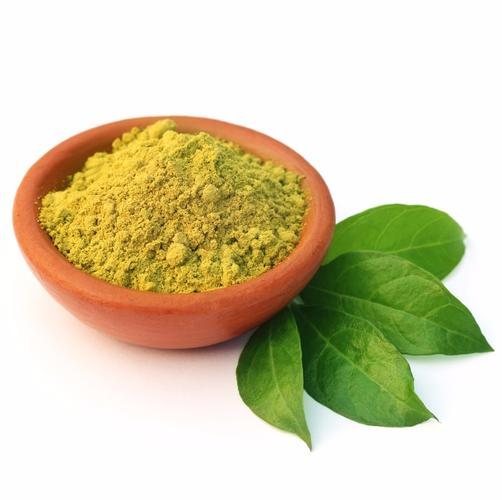What is sodium hyaluronate?
Sodium hyaluronate, also known as sodium hyaluronate, is a physiologically active substance widely present in the human body. It is a high molecular weight linear mucopolysaccharide formed by the polymerization of disaccharide units composed of glucuronic acid and acetylaminohexose, with a molecular weight of 1 million. Forming a viscous and elastic solution in water with physiological pH and ion strength. Its molecular shape is variable in the chemical book state, so it can also be injected with a thinner needle. Extracting substances from sodium hyaluronate that do not produce inflammation is called Healon. If 10mg of this product is dissolved in 1ml of physiological saline, its viscosity can be 200000 times higher than that of aqueous humor or physiological saline. Healon has a protein content of less than 0.5% and is a sterile high-purity solution.
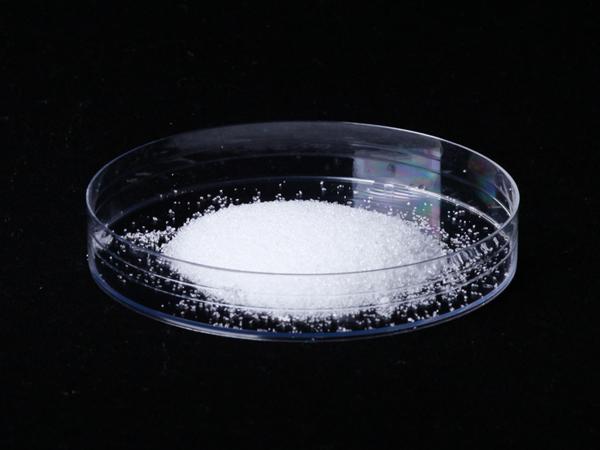
Sodium hyaluronate has a promoting effect on wound healing. Sodium hyaluronate can form a large molecular network barrier on the surface of eye tissue, preventing inflammatory substances from entering the wound and lesion area, and significantly improving the viscosity and adhesion of the drug solution, allowing the drug to remain on the corneal surface for a long time and concentrate, achieving a long-lasting and strong effect. Sodium hyaluronate can stabilize the tear film, prolong the tear film rupture time, and alleviate dry eye symptoms. Used for corneal burns caused by keratitis, corneal ulcers, corneal injuries, or other chemical and physical factors.


